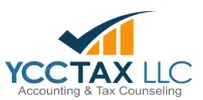Choosing the best business structure for startups is essential for success. This guide helps you understand the factors, comparisons, and legal implications of LLCs, corporations, and sole proprietorships.
Selecting the best business structure for your startup is one of the most critical decisions you’ll make as a new business owner.
The structure you choose affects everything from taxes and liability to your ability to raise capital and grow the business.
In this guide, we’ll walk through the various options and key factors to consider when deciding on the best business structure for startups.
Best Business Structure for Startups: Key Factors to Consider
There are several business structures to choose from, including sole proprietorships, limited liability companies (LLCs), and Corporations. To decide which structure is best for your startup, you’ll need to consider the following factors:
- Liability protection: How much personal liability are you willing to accept for the business’s debts and obligations?
- Tax implications: Each structure has different tax responsibilities, from pass-through taxation to corporate taxes.
- Management flexibility: Consider how much control you want over the management and operations of your business.
- Ease of formation: Some structures are easier to set up than others and require less ongoing compliance.
- Funding needs: If you plan to raise capital, certain structures (like corporations) may offer more flexibility.

Comparing LLCs, Corporations, and Sole Proprietorships for Startups
When choosing between LLCs, corporations, and sole proprietorships, it’s important to understand the differences in legal and financial responsibilities:
- LLC: A limited liability company offers liability protection for owners while allowing pass-through taxation, making it a popular choice for startups.
- Corporation: A corporation provides the most liability protection and offers opportunities to raise capital through stock sales. However, it is subject to double taxation—once on profits and again on dividends.
- Sole Proprietorship: This is the simplest structure, offering minimal legal protection but complete control. However, the owner is personally liable for business debts.
Legal and Tax Implications of Different Business Structures
The legal and tax implications of your chosen business structure can have long-term effects on your startup. For example:
- Taxation: Corporations face double taxation, whereas LLCs and sole proprietorships benefit from pass-through taxation, where profits are reported on the owner’s personal tax return.
- Legal liability: Sole proprietorships expose the owner to personal liability for business debts, while LLCs and corporations provide personal asset protection.
- Compliance: Corporations require more formalities like annual meetings and detailed record-keeping, while LLCs and sole proprietorships have fewer requirements.

How to Select the Ideal Business Structure Based on Your Goals
Your business goals should guide your decision in selecting the right structure. Here are a few questions to ask yourself:
- Growth goals: If you plan to seek investors or expand quickly, a corporation may be more appealing to investors.
- Risk tolerance: If protecting your personal assets from business debts is important, consider an LLC or corporation.
- Tax strategy: Consult with a tax professional to determine which structure will offer the most tax benefits for your particular situation.
Common Mistakes When Choosing a Business Structure for Your Startup
Many new entrepreneurs make mistakes when selecting a business structure. Here are some common pitfalls to avoid:
- Underestimating legal liability: Sole proprietorships expose your personal assets to business debts.
- Ignoring future growth: Choosing a structure that doesn’t allow for easy growth can hinder your startup’s long-term success.
- Overlooking tax benefits: Failing to understand the tax implications of each structure can lead to higher taxes down the line.
- Failing to consult a professional: Working with an accountant or lawyer can help ensure that your structure supports your financial and legal needs.

Maximize Your Startup’s Success with Expert Guidance from YCCTAX
Choosing the best business structure for startupsis crucial for long-term success. At YCCTAX, our team of experts can guide you through the decision-making process, helping you understand the tax and legal implications of each option. Contact us today to ensure your startupis set up for success with the right foundation.









